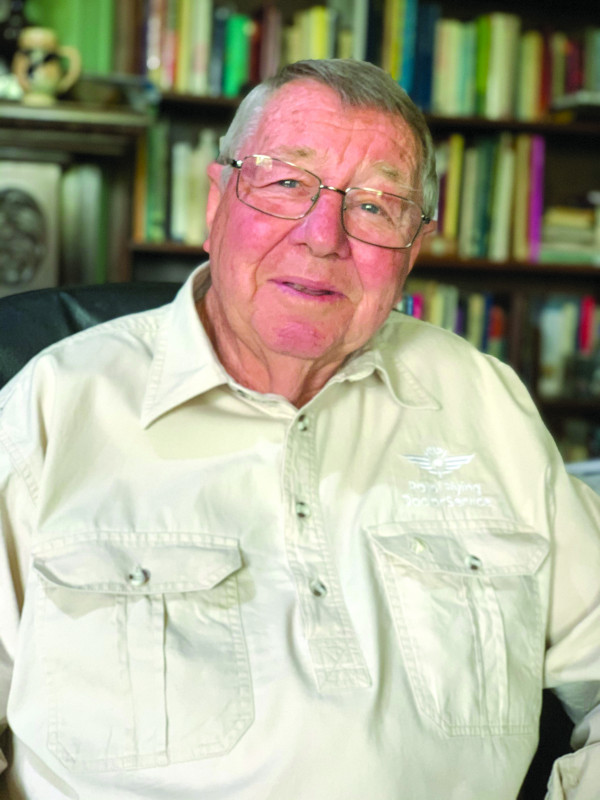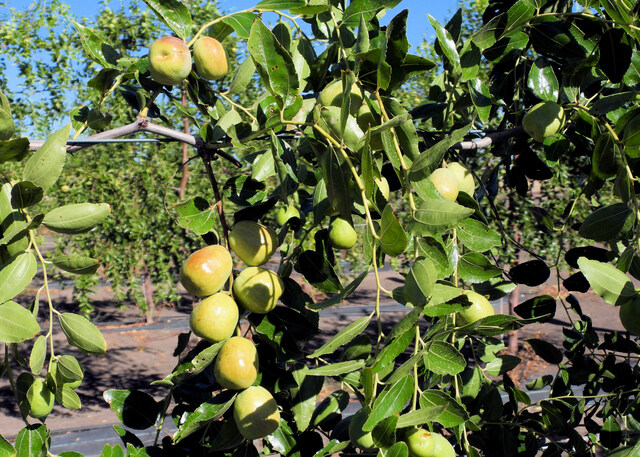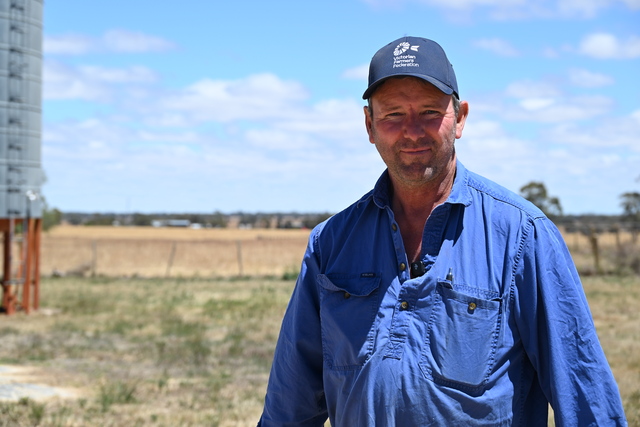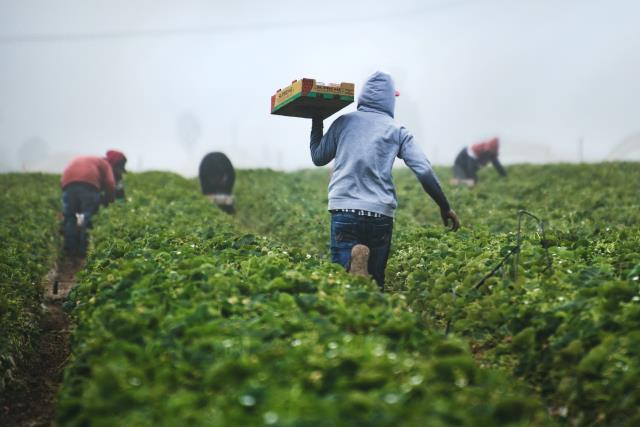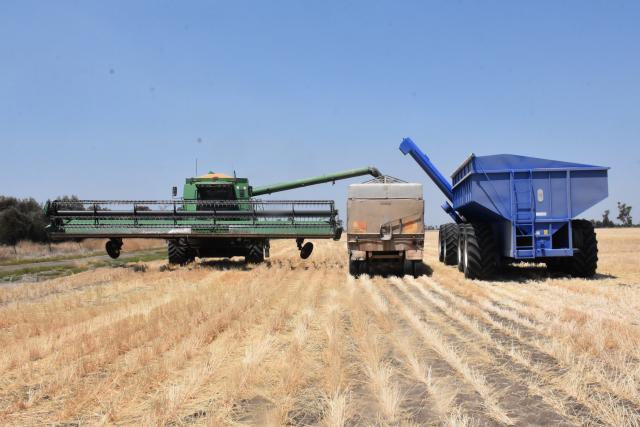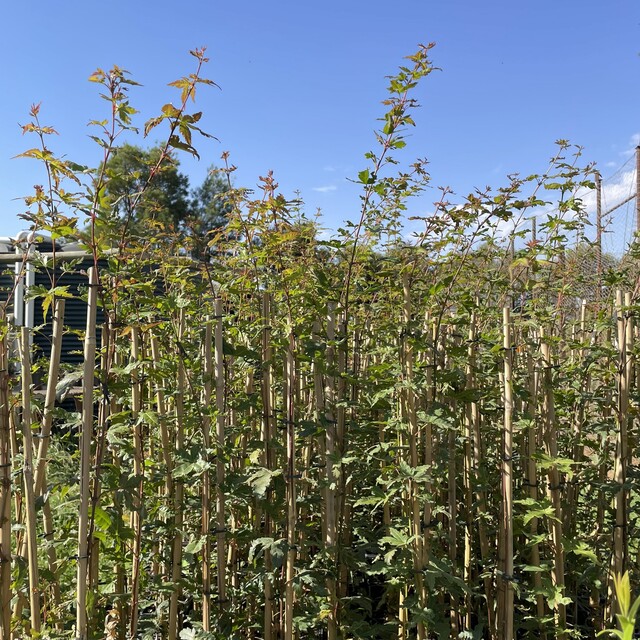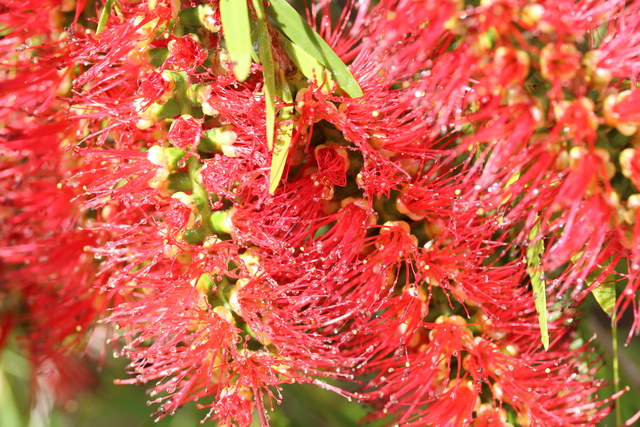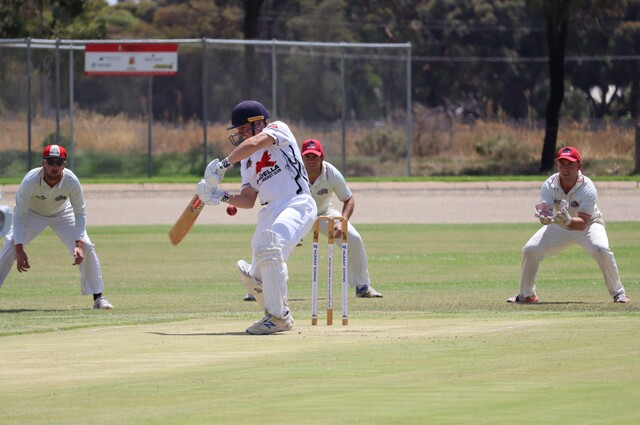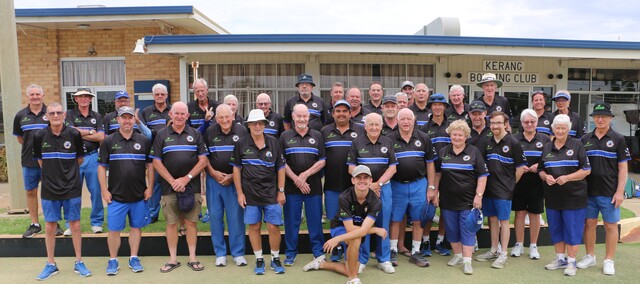THE shadow of a family tragedy and a collection of letters launched Kerang resident Ross Hall on a three-year journey to discover and write the story of his uncle, Hector Kay.
The book he produced, One Man’s Road to Tol Plantation – The Life and Death of Private Hector Kay, details what has been described as one of the worst atrocities of the war in the Pacific.
It also tells the broader story of his uncle’s loss, describing Hec’s life in Kerang prior to enlisting, and the situation for those at home who waited years for his return.
Hec Kay migrated from England as a 21-year-old in 1922 and helped bring his two sisters to Australia following his arrival.
During the 1920s and 30s, Hec and his business partner, George Potts, tried their hand at a variety of enterprises before settling on a farm machinery business, Kay and Potts, which was located at the corner of Scoresby and Victoria streets.
Hall describes a gentle, practical man who loved music, fishing and the bush, who also enclosed whimsical hand-drawn sketches in the letters he sent home from the war.
The 16 letters from Rabaul to Hall’s mother and Hec’s sister, Freda, are incorporated into the book, along with the drawings, providing a picture of army life and Hec’s humourous skepticism about it.
Also included are quotations from war histories about the events in New Guinea and photos taken throughout Hec’s life.
After enlisting as a private in the army at the start of the war in 1940, the 39-year-old was sent with the 2/22 battalion to garrison Rabaul on the island of New Britain in what is now New Guinea.
With Japan yet to enter the war, their stationing in the tropical paradise seemed rather pointless to the soldiers.
That changed in December 1941, when Japan made its spectacular raid on Pearl Harbour, and a month later invaded Rabaul.
The Australians on Rabaul were hopelessly outnumbered and were soon overrun and forced to retreat into the wild mountains and jungle of New Britain.
With the army command having made no provision for a withdrawal, the soldiers and the remaining civilians in Rabaul were left to become “hostages to fortune”.
Less than 400 of the 1400 members of the 2/22 battalion were to make it back to Australia.
On February 4, 1942 a massacre occurred at the Tol plantation, 85km from Rabaul, that was so horrific that the Australian government suppressed details about it for decades.
On that day more than 150 Australian soldiers who had surrendered or been captured were marched into the rows of the plantation and bayoneted, beheaded, shot or burned alive by Japanese troops.
Hec Kay must have been among the group.
It would be years before Ross Hall’s family was informed of Hec’s death, with his mother, Freda, left to hope against hope that her brother had survived.
Ross Hall was four years old when he last saw his uncle, who was on final leave before being shipped off to Rabaul.
Now in retirement, Hall was able to dedicate time to family records and military histories which enabled him to flesh out the events on New Britain and the tragedy that unfolded for so many Australian soldiers and their families.
Despite that deep sadness, the bright character and sense of humour of Hec Kay shines through in the book.
Copies of One Man’s Road to Tol Plantation are available from Rulcify’s in Kerang.

